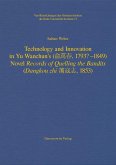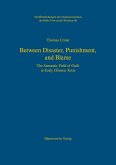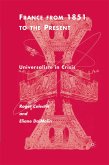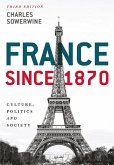Essay from the year 2013 in the subject History - Asia, grade: 2,1, University of Lincoln (Lincoln), course: History, language: English, abstract: This article aims to address why Macartney's Embassy to China in 1793 failed due to the geopolitical landscape at that time. The clash of civilization and culture that are at the root of understanding the failure. But, most importantly the event serves as vital background to understanding the future Opium Wars of China. The debate surrounding the question of why Macartney failed in 1793 can easily become reductive by over-emphasising Macartney's failure to perform the kowtow to Chinese standards of ritual. This however explores only a partiality of the debate by solely focusing on the event and Macartney; which in turn becomes a westernised perspective with no in-depth understanding of the Chinese geo-political context during the Eighteenth-Century. The argument must take into account Western goals and aims surrounding Macartney's embassy venture to China, and why they conflicted with the values and principles of Chinese Confucianism, and the conformity of traditional Chinese culture by the Celestial Empire. As Byng and Levere (1981) surmise, 'the embassy's failure is shown to reveal fundamental differences in British and Chinese Eighteenth-Century responses to Science; and has wide cultural implications'. The article attempts to approach the debate of Macartney's embassy from the scientific context of cultural analysis rather than mere historical significance of the event which creates a transitory debate of Macartney's character and refusal to perform the kowtow.
Dieser Download kann aus rechtlichen Gründen nur mit Rechnungsadresse in A, B, BG, CY, CZ, D, DK, EW, E, FIN, F, GR, HR, H, IRL, I, LT, L, LR, M, NL, PL, P, R, S, SLO, SK ausgeliefert werden.









